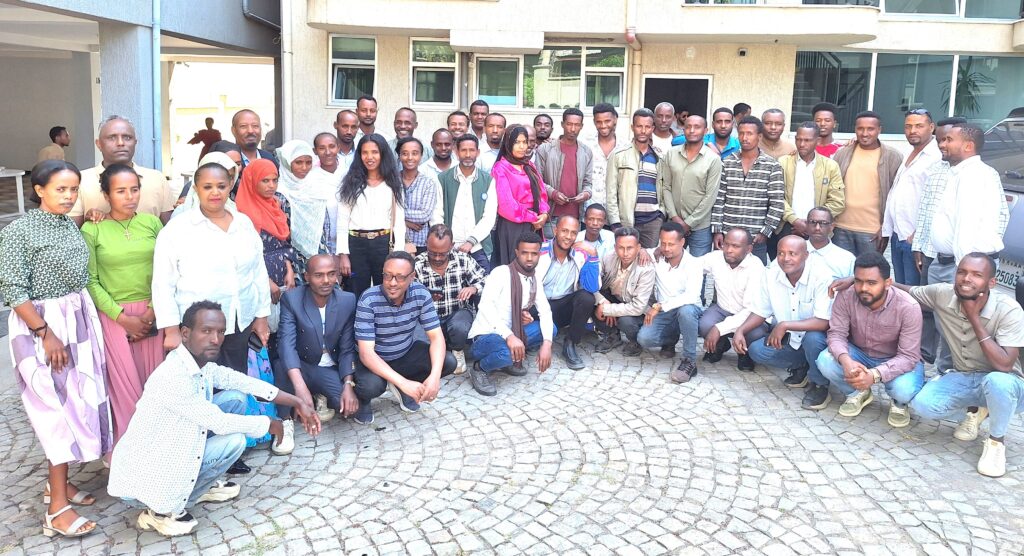
A strategic partnership with the CABI-led PlantwisePlus programme has boosted plant health services in Ethiopia. Recently, a refresher course held in October delivered plant clinic training to 61 of the country’s plant doctors and plant health experts, a quarter of whom were women. CABI and the government of Ethiopia jointly delivered the three-day PlantwisePlus capacity-strengthening workshop in Adama. The event focused on strengthening plant health in Ethiopia by using the plant clinic model and its digital farmer advisory tools. In this blog, we explore some of the key themes.
Climate resilience, reinvigoring plant clinics, and digital innovation
Over the past 12 years, CABI has worked closely with the Ethiopian government through PlantwisePlus. Specifically, the collaboration has helped to strengthen rural plant health services in Ethiopia through the establishment of plant clinics. Building on this progress, October’s refresher course focused mainly on Plantwise modules one and two, and the programme’s digital tools. Specifically, it was aimed at new plant doctors and experts who have recently joined the programme.
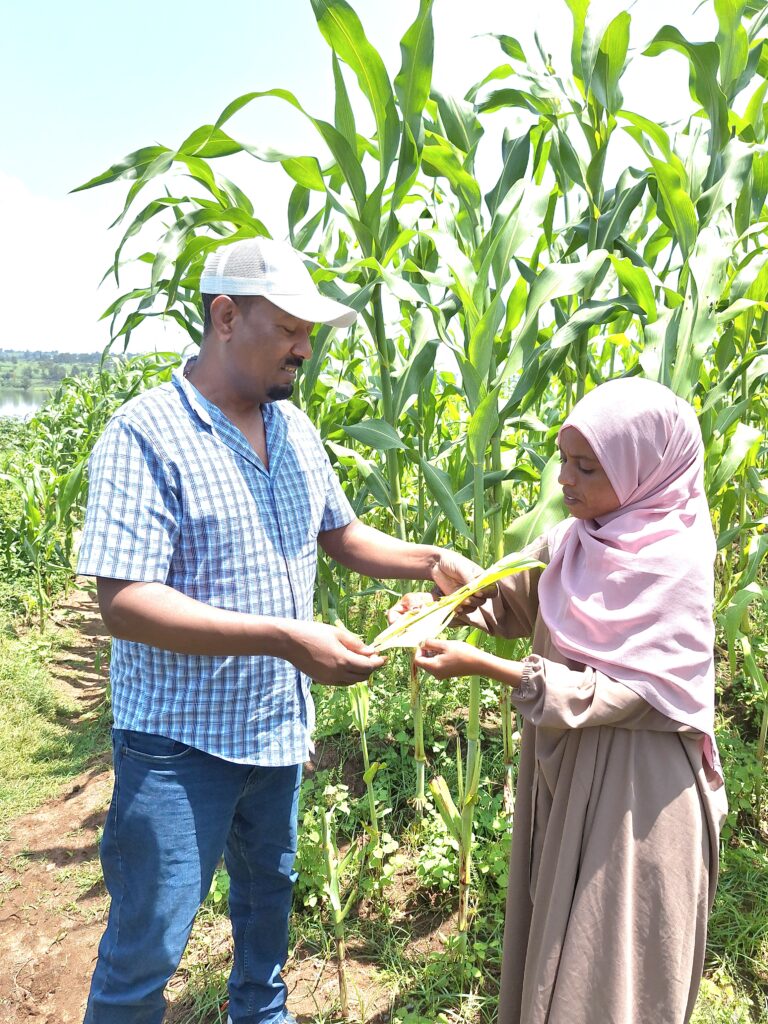
Konjit Feleke opened the event. As Head of Regular Pest Control at the Ministry of Agriculture she emphasized the critical role that training plays in building plant doctors’ capacity and improving the quality of plant clinic services. Moreover, she noted how community-based initiatives are important for providing practical and timely advisory services to farmers, especially in the face of crises such as climate change.
As global temperatures rise, the need for plant health knowledge increases. It enables smallholders to address crop problems more effectively and quickly. Climate resilience is essential for smallholders impacted by weather events, including droughts and floods with long-term solutions helping farmers to address tomorrow’s challenges. Mrs Feleke reinforced the Ministry’s commitment to own and continue extending support to PlantwisePlus to strengthen and sustain plant clinics across Ethiopia.
Plant clinic performance and service quality assessment
During the course, district and regional representatives shared lessons learnt about the performance of their plant clinics. Notably, newly trained plant doctors benefited from the experience and guidance of their established peers. The exercise highlighted how progress has been mixed. For example, in some regions, plant clinics run regularly and are even expanding. In other regions, unrest has caused interruptions to services. However, certain areas have reported their plans to reactivate plant clinics in areas where security has improved.
Plant clinics have played a part in post-conflict reconstruction. Following the cessation of frictions in the north of the country, PlantwisePlus supported the reactivation of plant clinics to restore essential plant health services in Ethiopia. These efforts are helping rebuild local capacity and ensure smallholders once again have access to timely, science-based crop advice.
PlantwisePlus digital technologies
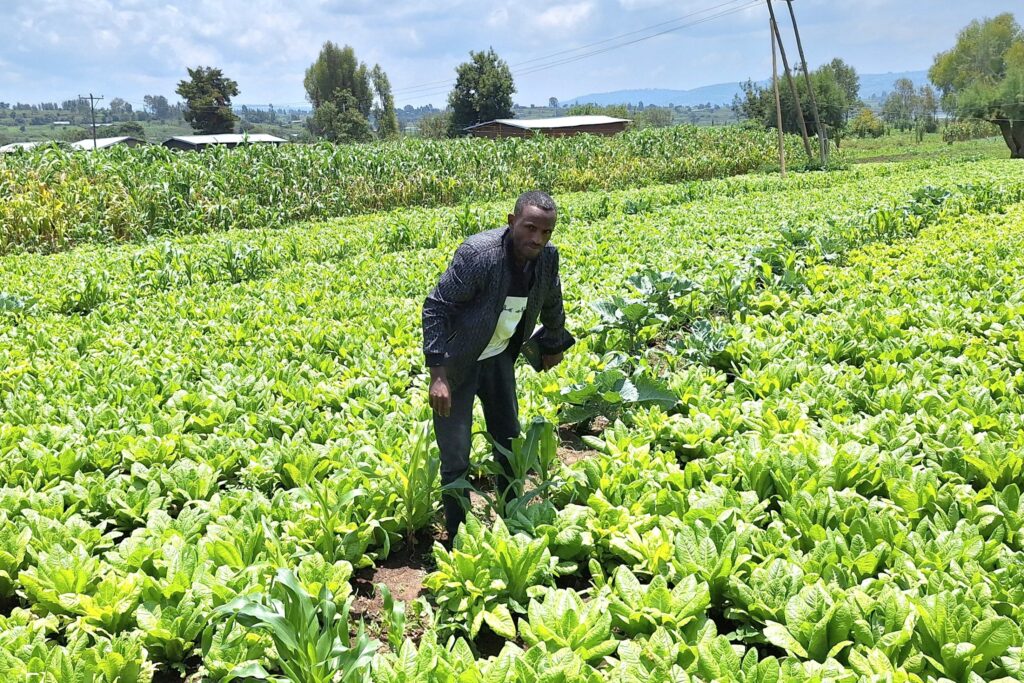
Digital technology is the future of extension, giving faster data-driven solutions to the farmers who need it. Over the past decade, extension has shifted towards digital tools to improve the efficiency and reach of agricultural advice for farmers, especially in remote or underserved areas. PlantwisePlus’ adoption of digital tools reflects this broader shift towards technology in agricultural extension. The programme has successfully integrated many technologies into plant health services in Ethiopia.
Plant clinic’s service quality assessment revealed that technology has posed both a challenge and an opportunity for plant doctors. For example, a shortage of tablets causes issues. However, wide use of Telegram and WhatsApp has improved the exchange of plant health knowledge and information between plant clinics and beyond.
PlantwisePlus technologies formed an important part of the course. Dr Negussie Efa Gurmessa is CABI’s Senior Scientist and Country Programmes Manager. During the event, he conducted training in PlantwisePlus digital tools. Participants were encouraged to use and promote the resources among their colleagues. These included the PlantwisePlus Knowledge Bank, CABI Academy, and CABI BioProtection Portal. Additional technologies included mobile tools such as the Crop App Index, Crop Sprayer app, and Factsheets app. Each tool provides digital plant health knowledge to plant doctors, who then share it with farmers. In addition, the Horizon Scanning Tool and Pest Risk Analysis Tool were introduced during the course. They are especially useful for pest risk assessment.
Addressing plant pests and diseases, including invasive species, is crucial. The course covered a mix of training subjects from biological control to management of invasive fall armyworm and wheat diseases. Participants welcomed the inclusion of these topics. As global temperatures rise, farmers are likely to experience more pest problems. Participants therefore emphasized that the knowledge and skills gained during the workshop will enhance both the quality and reach of advisory services provided to farmers.
Outcomes and future potential: Building sustainability into the plant clinic model
The event lays the foundation for upscaling and ensuring sustainability. Ethiopia’s Ministry of Agriculture’s co-financing of and commitment to the clinics is a sign of national ownership as the clinics become an integral part of extension services and broader food systems. In future, PlantwisePlus will continue its activities and integration into local services, becoming a tried-and-tested part of the agricultural extension system.
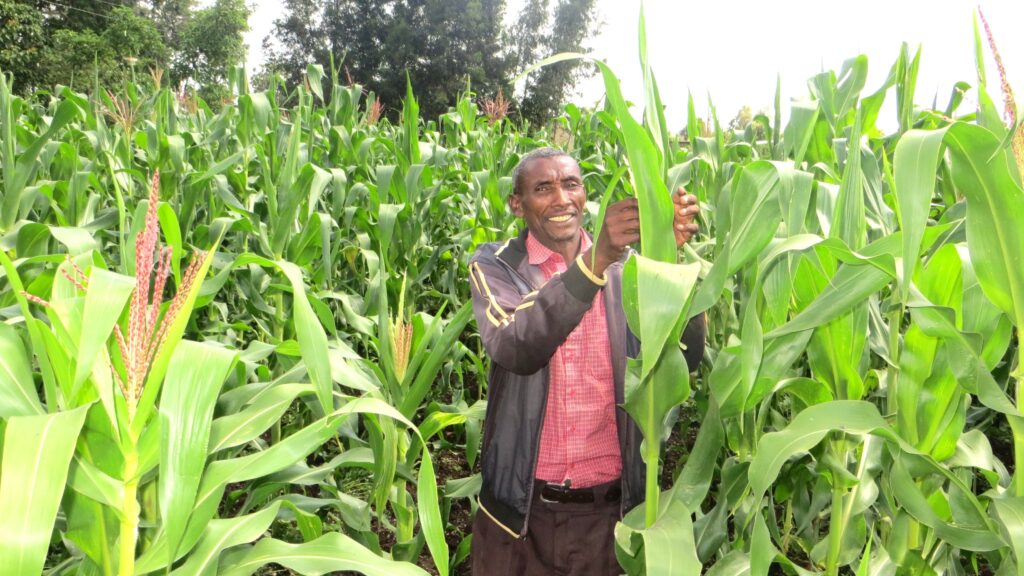
See more:
PlantwisePlus restarts plant clinics following conflict in Tigray region of Ethiopia
Village-based plant clinics benefit Ethiopian farmers
PlantwisePlus gratefully acknowledges the financial support of the Directorate-General for International Cooperation, Netherlands (DGIS); European Commission Directorate General for International Partnerships (INTPA); UK International Development from the UK government; and the Swiss Agency for Development and Cooperation (SDC).
1 Comment
Leave a Reply
Related News & Blogs
5 ways digital agriculture tools are transforming pest management
Finding accurate, locally contextualised information at the right time is essential for tackling crop pests. Digital agriculture tools are helping farmers and those who advise them by putting expert knowledge directly in their hands. 1. Early pest diag…
12 February 2026

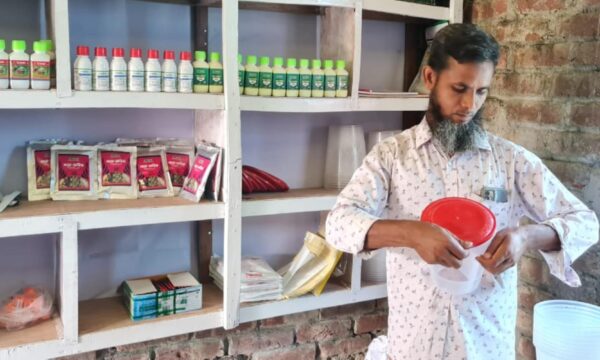
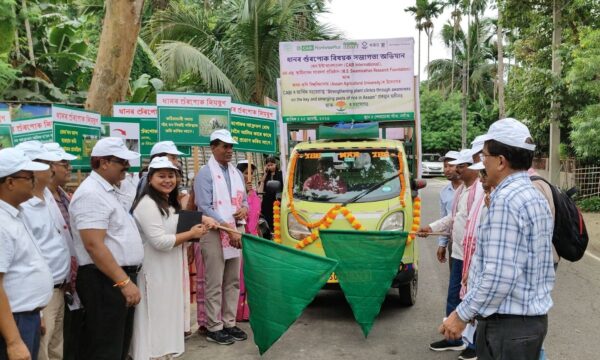
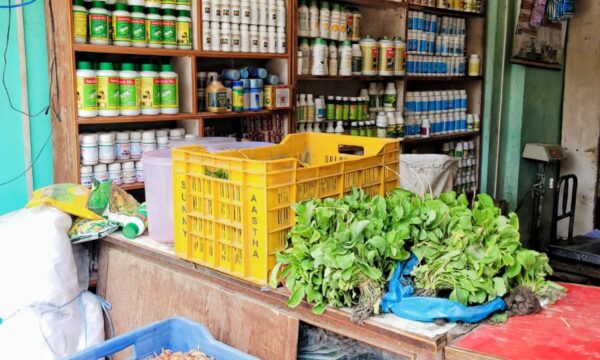
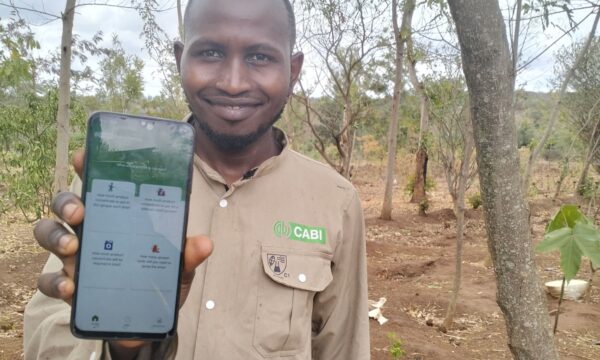
I am truly thankful to the owner of this web site who has shared this fantastic piece of writing at at this place.